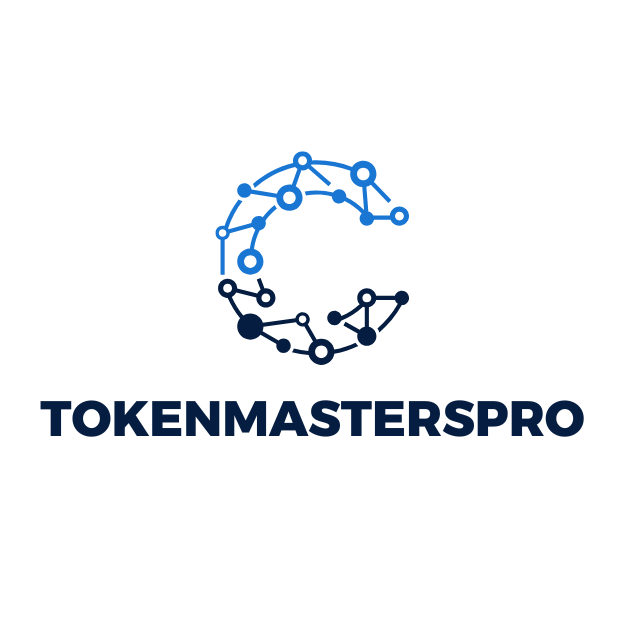Coding: the magical language that turns dreams into reality. Whether one dreams of creating the next viral app or simply wants to automate the mundane tasks of daily life, learning how to code is a treasure trove of opportunities. If the thought of diving into lines of complex text sends shivers down one’s spine, fear not. This guide will take them from coding novice to confident coder without turning their brain into mush. So grab that coffee and get ready to transform into a wizard of the digital realm.
Table of Contents
ToggleUnderstanding the Basics of Coding

Before diving headfirst into the world of coding, it’s crucial to grasp the basics. Coding, at its core, is the process of writing instructions for computers to follow. Each line of code is like a sentence in a conversation, telling the machine what to do. Most beginners get puzzled by terms like variables, loops and functions. Think of a variable as a container holding information. Loops help in repeating actions without rewriting code. Functions, on the other hand, are like mini-programs packed inside a program, performing specific tasks when called upon. Understanding these basic concepts is akin to learning the alphabet before composing a novel.
Choosing the Right Programming Language
With countless programming languages available, choosing the right one can feel like wandering through a maze. Some popular languages for beginners include Python, JavaScript and Ruby. Python is widely praised for its readability: it’s like having a conversation in plain English. JavaScript, often used for web development, allows for interactive features, making websites lively and engaging. Ruby, known for its elegant syntax, is perfect for those interested in web applications. Eventually, the choice of language should correlate with the goals of the coder. After all, one wouldn’t wear flip-flops to a snowstorm.
Setting Up Your Coding Environment
Every coder needs a cozy space to work their magic. Setting up a coding environment might seem daunting, but it’s simpler than it appears. This usually involves selecting a code editor, which is like a word processor for code. Examples include Visual Studio Code, Atom and Sublime Text. These editors provide features like syntax highlighting and auto-completion to enhance the coding experience. Also, installing necessary tools like Git for version control and a basic terminal can streamline the workflow. DIY enthusiasts might find joy in customizing their setup to fit their personality.
Learning Coding Through Resources
The resources available for learning coding are vast, rivaling the number of cat videos on the internet. Websites like Codecademy or freeCodeCamp provide interactive platforms for beginners to get hands-on experience. Alternatively, online courses from universities offer structured learning for those who prefer guided instruction. For those who love books, titles like “Automate the Boring Stuff with Python” provide clear examples and practical applications. Watching YouTube tutorials can also be beneficial: sometimes seeing someone else code can demystify the process. Finding a mix of resources can keep the learning process fresh and exciting.
Practicing Your Coding Skills
The adage “practice makes perfect” is the golden rule in coding. Regular practice not only reinforces learning but also helps in identifying areas needing improvement. Websites like HackerRank and LeetCode provide coding challenges and competitions that can sharpen problem-solving skills. Also, contributing to open source projects on platforms like GitHub is a fantastic way to gain real-world experience. Nothing beats actual hands-on coding. Spending time practicing different coding challenges can make him or her feel more at home with their chosen programming language.
Building Projects to Enhance Learning
Boring lectures won’t captivate anyone, but building projects can make learning coding a thrilling adventure. Whether they opt for a personal website, a simple game or an app, projects provide context to coding skills. Starting with smaller projects ensures a sense of achievement, making it more likely to stay engaged. As skills advance, tackling more complex projects can become an exciting challenge. Also, these projects can be showcased in a portfolio to impress potential employers or clients. It’s one thing to talk about coding, but demonstrating it creates tangible proof of abilities.
Staying Updated in the Coding World
In the ever-evolving world of technology, staying updated is crucial. Coding languages and frameworks can change overnight, and what’s the next best trend today might be outdated tomorrow. Following influential programmers on social media platforms, subscribing to coding blogs or joining online forums can keep them informed about the latest developments. Engaging in communities, whether through local meetups or virtual gatherings, allows for networking and learning from one another. Besides, who knows? A simple conversation might ignite the spark for a groundbreaking project.



